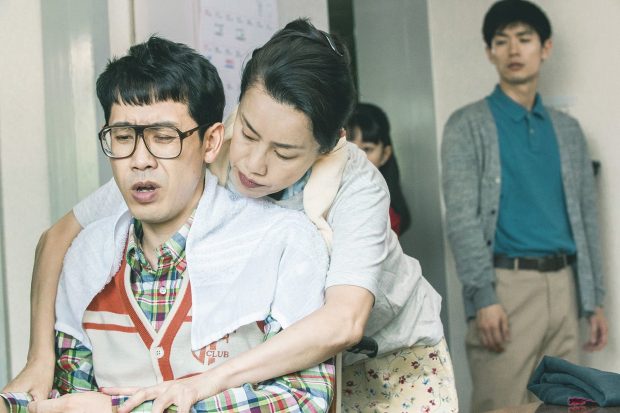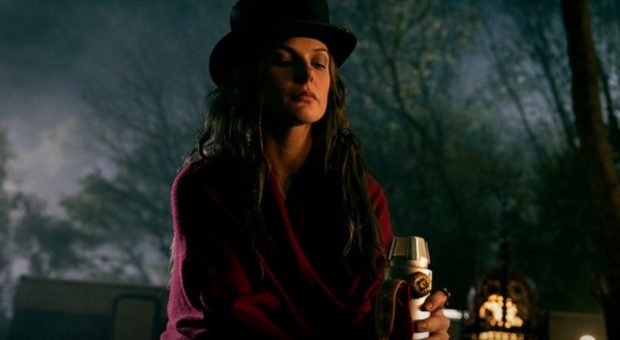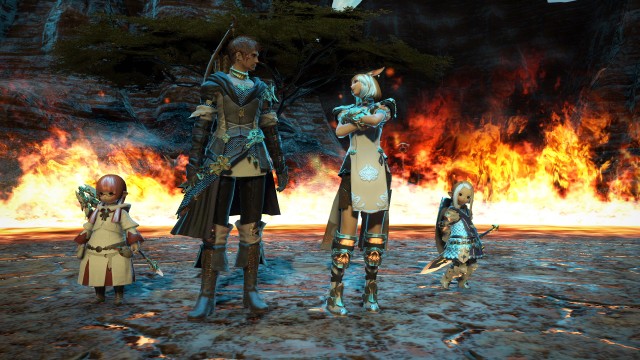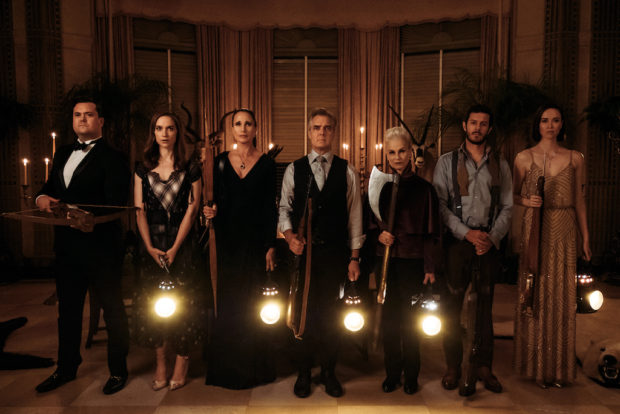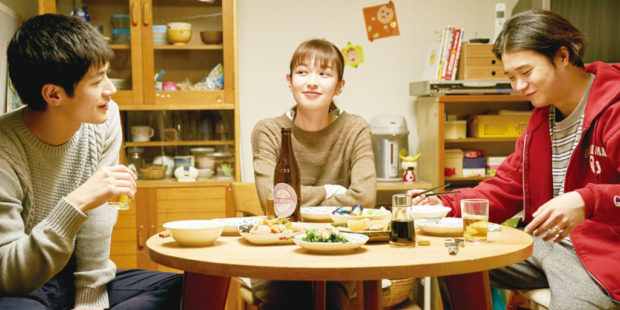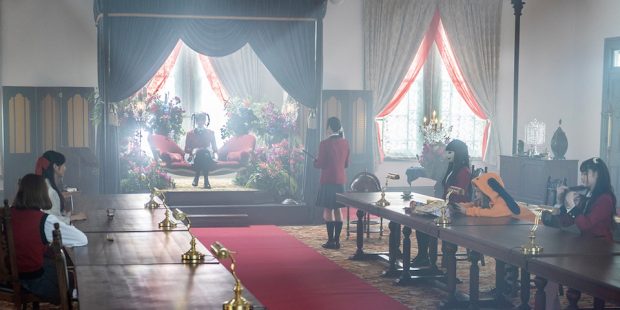The Japanese rent-a-friend industry is booming. For a fee, you can hire a BFF, a father, mother, or even long-term partner. There are reports of children who have grown up not knowing that their rent-a-daddy is not the real deal.
In an increasingly interconnected world, where we share our lives through highly visible social media, it makes sense that the pressure to have an active social life has resulted in this kind of service. Writer/director Mayu Akiyama explores this phenomena in her appropriately titled debut feature RENT A FRIEND (月極オトコトモダチ).
Web magazine editor Nasa Mochizuki (Eri Tokunaga) believes, like Billy Crystal in When Harry Met Sally, that a platonic relationship between the genders is impossible. She becomes intrigued with rentable friend Sota’s (Atsushi Hashimoto) notion of the ‘friendship-romance switch’ and secretly tests the limits of that relationship. Yet as Nasa’s singing roommate becomes attracted to Sota, a bizarre love triangle forms.
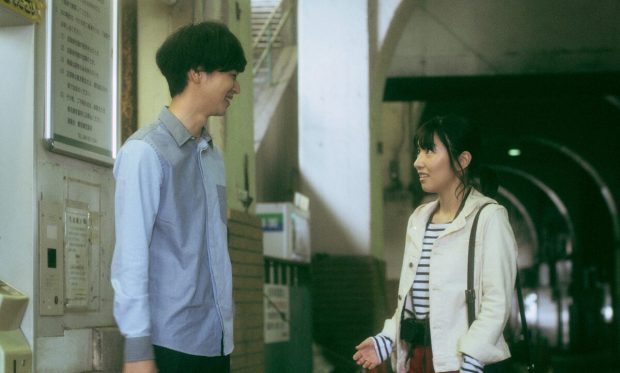
Given the specifically Japanese spin on the paid ‘friend experience’, there was a wealth of material to play with here. What instantly sets this apart from similarly themed outings is that the female perspective is evident from the start, opening as it does with Nasa yelling a list of romantic grievances into the sea. Slickly avoiding many of the rom-com/rom-dram tropes, an engaging and quirky first act promises a unique take.
Yet even though the film has a tidy runtime of only 78 minutes, it suddenly seems to run out of steam somewhere in the second act and never fully recovers. It’s almost as if the film suddenly has all the joy sucked out of it. Part of the blame lies in what is ironically the film’s greatest strength: it’s unrelenting attempt to explore whether it is possible to “surpass feelings of love.”
The two central performances are terrific. Eri Tokunaga, notable for Kyoto Elegy and her award-winning performance in Haru’s Journey, treads a complex line between journalist curiosity, romantic integrity and tangible yearning. Atsushi Hashimoto’s (Feel the Wind) emotionally removed character is a little harder to get a bead on, but this is perfectly in keeping with the nature of the professional role. Neither actor lets their performance slip away from the truth of these characterisations.
Nor does Akiyama’s screenplay, with the film staying true to itself right up until the final moments. Here guards are finally let down and the film just kind of finishes, which is either perfectly in keeping with the anti rom-com tone of the film – or maybe it’s just anti-climactic.
2018 | Japan | DIR: Mayu Akiyama| WRITERS: Mayu Akiyama | CAST: Eri Tokunaga, Atsushi Hashimoto, Sumire Ashina | DISTRIBUTOR: Spotted Productions (JPN), Japanese Film Festival 2019 (AUS) | RUNNING TIME: 78 minutes | RELEASE DATE: October – December 2019 (JFF)



